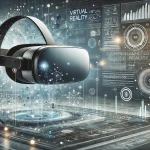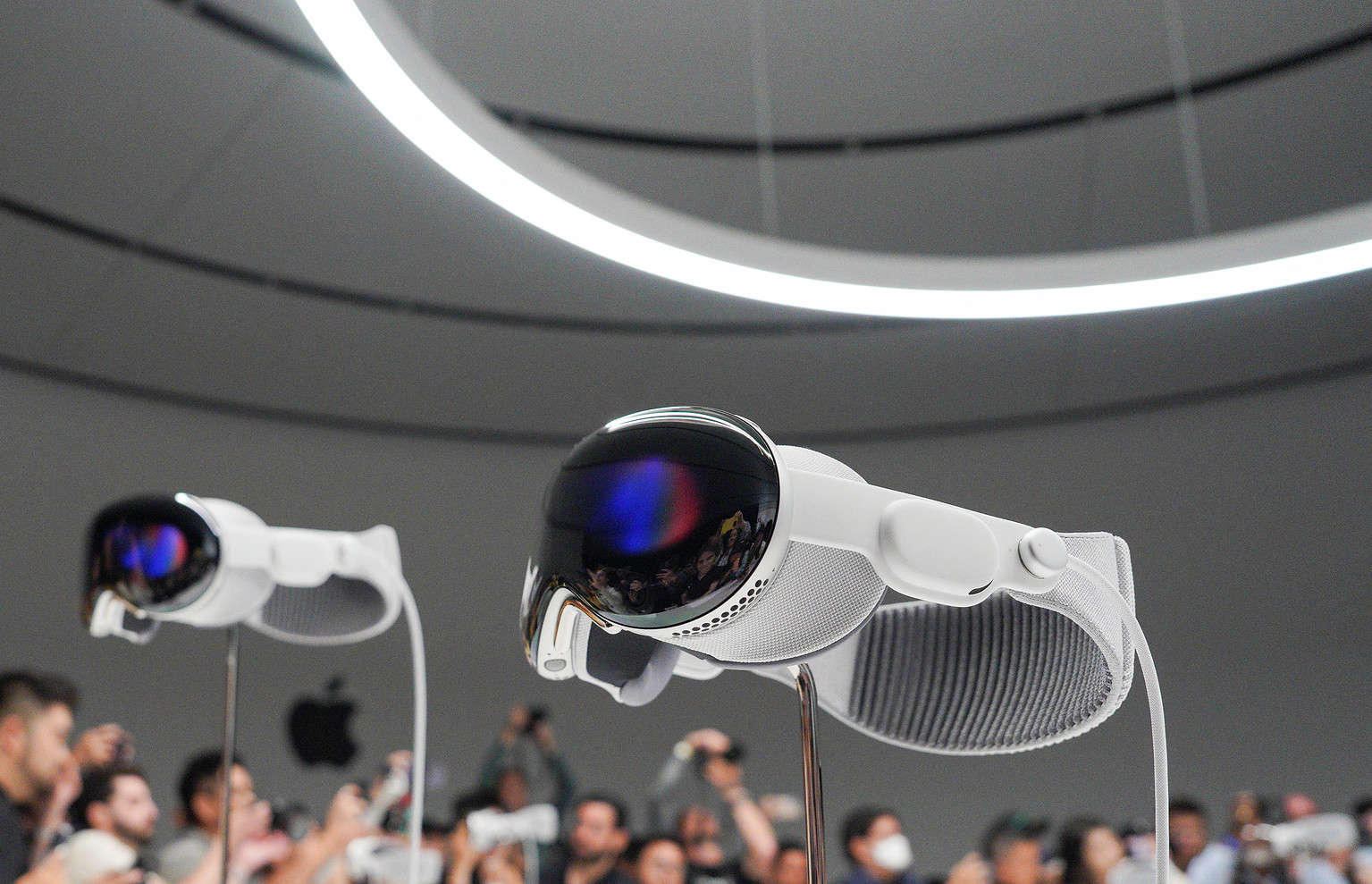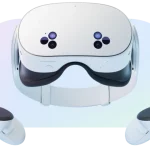

The recent unveiling of Apple's Vision Pro, a powerful VR headset, has sparked much curiosity, particularly due to the conspicuous absence of a link to the current buzzword: the "Metaverse". While speculation abounds, this strategic silence can be interpreted in a number of ways.
The term "metaverse" itself remains nebulous, encompassing everything from fully immersive virtual worlds to augmented reality experiences. Apple, known for its precise language, may be avoiding ambiguity by focusing on the Vision Pro's specific features and individual benefits to the user.
Rather than a fully immersive, shared virtual world, Apple's Vision Pro appears to be focused on personal experiences with augmented reality. Its focus may be on enhancing our interaction with digital content in our current environment rather than transporting us completely to new environments.
Apple often establishes its own niche, and using a term strongly associated with a competitor ("Metaverse") may not fit with its brand strategy. They prefer to position the Vision Pro as a "Spatial Computing" device to emphasize its unique capabilities and avoid comparisons.
The "Metaverse" is still in development, and its final form remains unpredictable. By avoiding the term, Apple may be avoiding tying the Vision Pro to a specific vision of the future that may not materialize and keeping its options open.
Some argue that leaving out the "metaverse" creates a sense of mystery and anticipation, allowing Apple to further reveal the Vision Pro's true potential later, generating more hype around its final unveiling.
But does every VR headset need the "Metaverse" label?
Apple's approach raises a fundamental question: Does every VR headset need to be explicitly linked to the Metaverse concept?
Highlighting specific features and how the VR experience enhances different aspects of life could be more effective than linking it to a broad, undefined concept.
The "metaverse" can be exaggerated and misunderstood. Focusing on specific application areas and benefits can create expectations and attract audiences based on their real needs.
Emphasizing unique features and capabilities can set a VR headset apart from competitors that focus primarily on the "metaverse".
The "metaverse" is a big buzzword in tech, and recognizing it can attract early adopters and spark broader interest.
Presenting the VR experience as part of a larger "metaverse" ecosystem can encourage community building and collaboration with other platforms and developers.

Are you interested in developing a virtual reality or 360° application? You may still have questions about budget and implementation. Feel free to contact me.
I am looking forward to you
Clarence Dadson CEO Design4real





